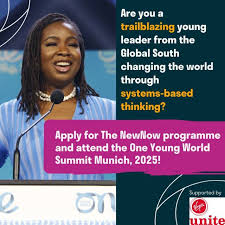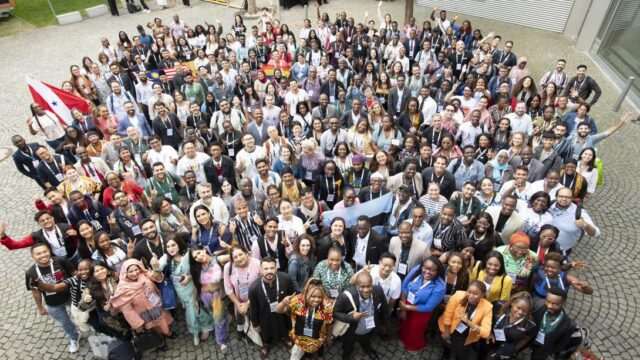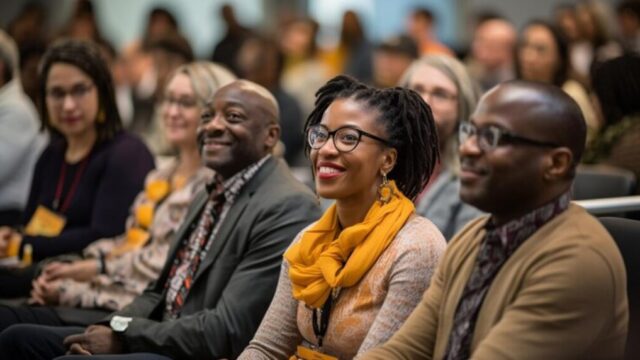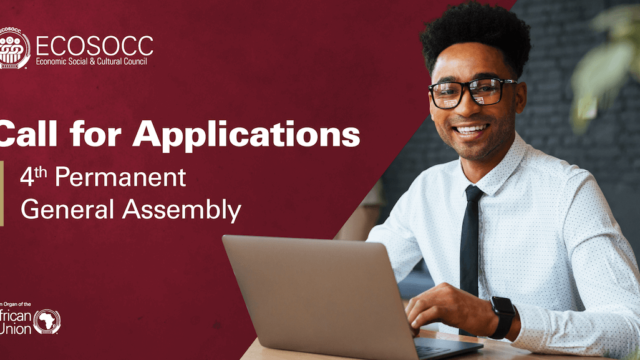FULLY FUNDED TO NAMIBIA: Apply to participate in this Workshop on World Heritage Interpretation and Presentation in Africa
World Heritage interpretation and presentation involve conveying the significance of a World Heritage site to local communities, visitors, and the wider public. This communication is vital for preserving and managing these sites, ensuring they are valued, protected, and appreciated by current and future generations. Effective interpretation and presentation also entail sharing knowledge among stakeholders, such as local communities and tourism operators. Collaborative and participatory approaches are essential to make interpretation culturally appropriate, sustainable, and respectful of site values and stakeholder rights. Interpretation and presentation play a crucial role in promoting understanding, appreciation, and stewardship of cultural and natural heritage, sustainable tourism, and ensuring the continuity and viability of these sites.
The International Centre for the Interpretation and Presentation of World Heritage Sites (WHIPIC), the African World Heritage Fund (AWHF), the National Heritage Council of Namibia, and the Ministry of Education, Arts, and Culture of Namibia are organizing a Workshop on World Heritage Interpretation and Presentation in Africa. The workshop will be held in Twyfelfontein or /Ui-//aes, Namibia, from October 31 to November 2, 2023, with support from the Cultural Heritage Administration of the Republic of Korea.
Objectives of the workshop:
The workshop aims to enhance the capacities of site managers to develop tools and strategies for presenting and interpreting World Heritage through participatory processes and community engagement in Africa.
Workshop Format:
The workshop will consist of two phases. The first phase will be an online session focusing on the theoretical foundations and background of interpreting and presenting World Heritage. The second phase will be an in-person workshop at the Twyfelfontein or /Ui-//aes World Heritage Site in Namibia. During this phase, participants will engage in practical exercises and further theoretical discussions, focusing on a specific case study. This phase will also include site visits and interactions with key stakeholders at Twyfelfontein.
Case Study:
Each participant must submit a case study (approximately 500 words) describing a heritage site they have experience with, as part of the application form. This experience will be presented during the course, giving participants an opportunity to become better acquainted with World Heritage in the region. The case study should include sections on the site's description, conservation, management, interpretation, presentation, challenges, and good practices.
Selection Criteria for Participants:
Participants for this workshop will be selected based on criteria such as having at least 5 years of experience in cultural and/or natural heritage, including World Heritage, fluency in English, knowledge of the World Heritage Convention, experience in heritage conservation and management, motivation to engage in the field of World Heritage, and consideration of country and gender balance.
Language:
The workshop will be conducted in English, including lectures, practical exercises, and interactions with resource persons.
Participation Cost:
The workshop costs, including travel, accommodation, meals, and local transportation, will be fully covered by WHIPIC, AWHF, and the Government of Namibia.
scroll down for more details and click on the attached link to apply
Additional Information
The workshop costs, including travel, accommodation, meals, and local transportation, will be fully covered by WHIPIC, AWHF, and the Government of Namibia.
Language:
The workshop will be conducted in English, including lectures, practical exercises, and interactions with resource persons.
FULLY FUNDED TO NAMIBIA: Apply to participate in this Workshop on World Heritage Interpretation and Presentation in Africa 0 reviews
Login to Write Your ReviewThere are no reviews yet.







